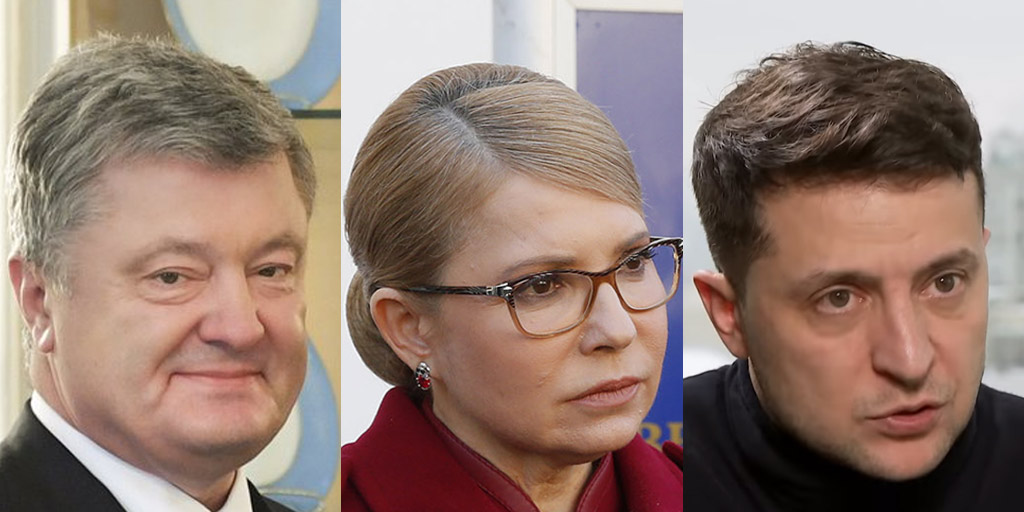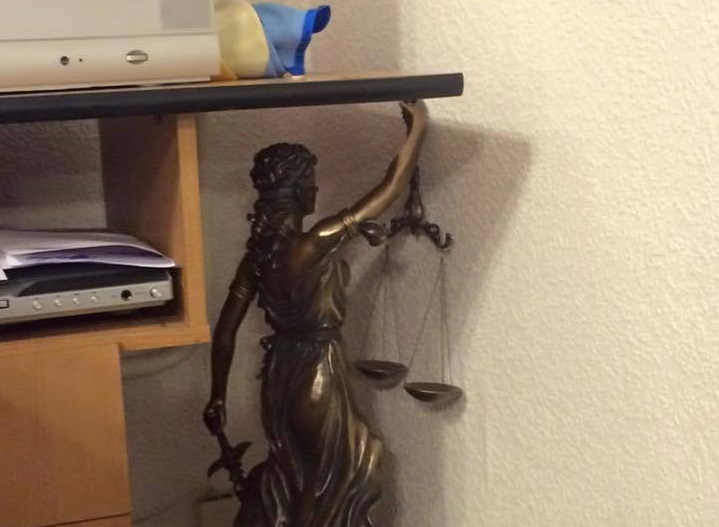Ukrainian President Petro Poroshenko criticized by some for saying that Russia will never have the status of a state language in in his country is doing no more than ratifying what Russian President Vladimir Putin has already achieved: causing Ukrainians who have spoken Russian all their lives to drop that language and use Ukrainian.
Only a year ago, journalist Arkady Babchenko says in a Facebook post, discussions about making Russian a state language in Ukraine were “completely natural” and didn’t elicit “any particular antagonism”.
Many Russian-speaking Ukrainians saw that as natural, and Babchenko says that he too felt that it was better for Ukrainians to know Russian and other languages, especially “English as an international one.” But now, he says, even he understands that any possibility of giving Russian official status in Ukraine has been lost for at least “a century and a half.”
And that in fact, he suggests, means that this possibility has been foreclosed “already forever.” International experience shows, Babchenko says, that when nations “depart from any language sphere, as a rule they do not return. Finland is an example of this. Already everyone there speaks English, and almost no one Russian.”
A similar pattern is seen in Eastern Europe, he continues, and in the Baltic countries and Georgia, the younger generation is “either already English speaking or is moving in that direction.” In Central Asia, their counterparts are leaving Russian and learning Farsi, Pashto, and other languages of neighboring countries.
In the medium term, Babchenko says, “Ukraine also will shift to English” in place of Russian, and that will mean that “the points of contact” between the two peoples will be “lost.” “To force Russian-speaking Kyiv to hate the Russian language and to lose in one year 40 million people who had been loyal to that language, one must really be the very greatest of politicians.”





